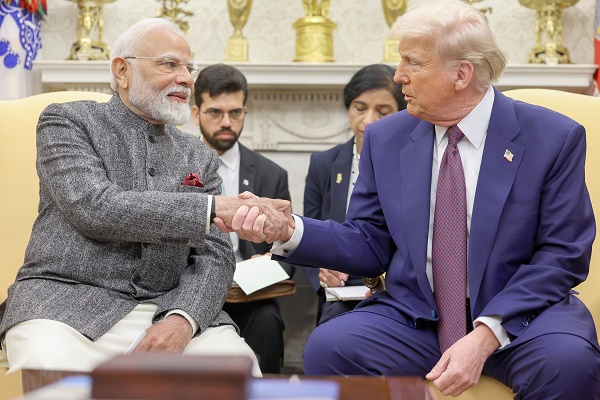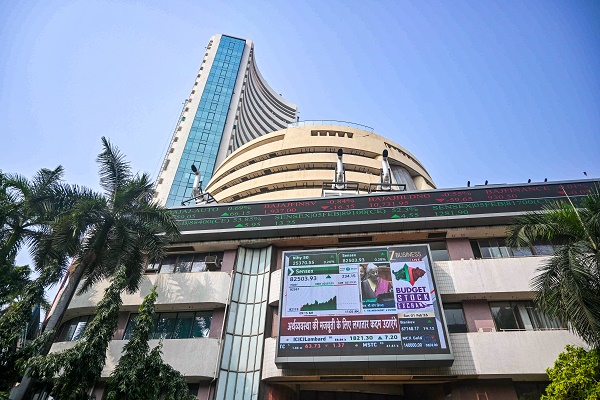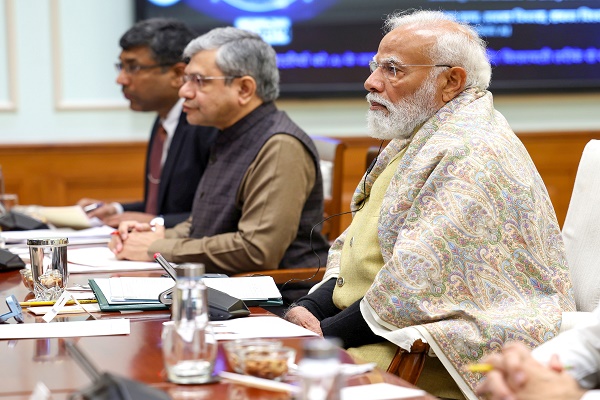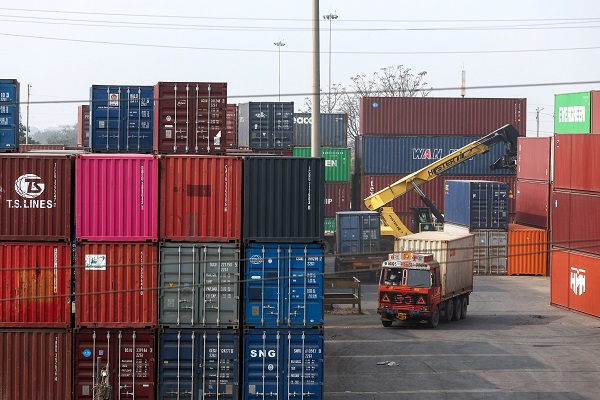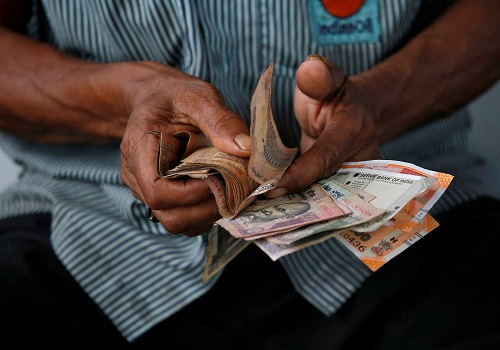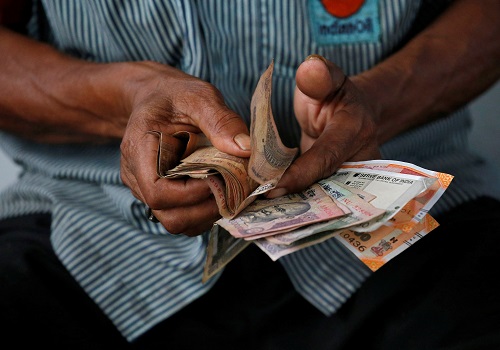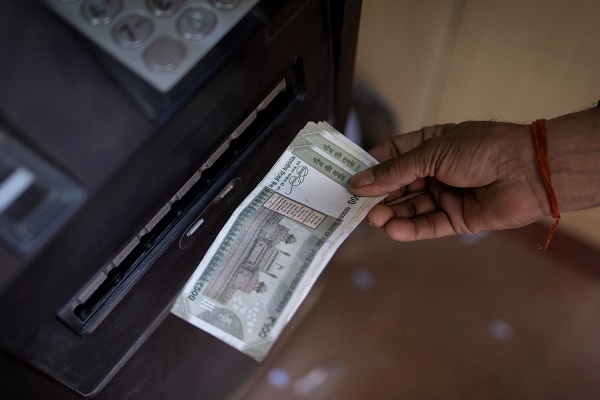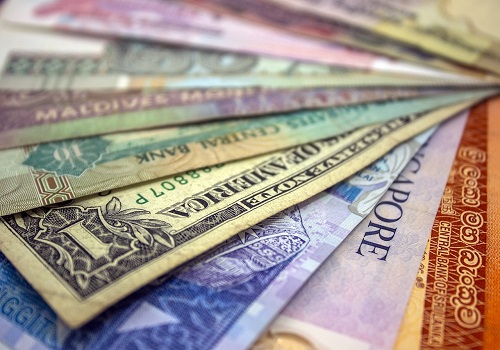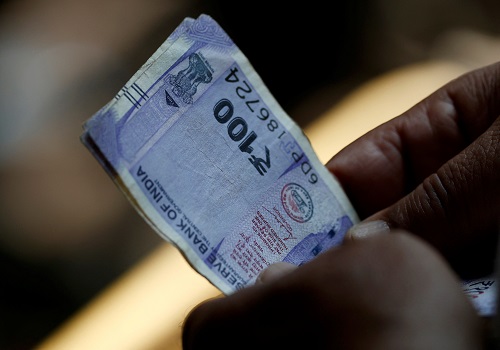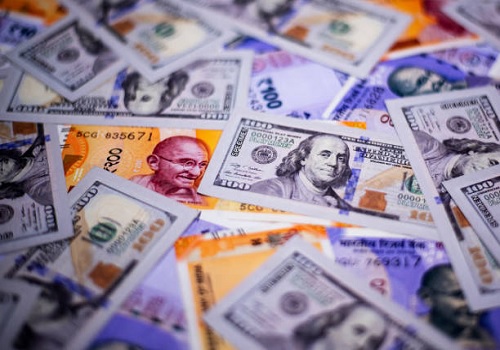Euro extends recovery as ECB phases out stimulus
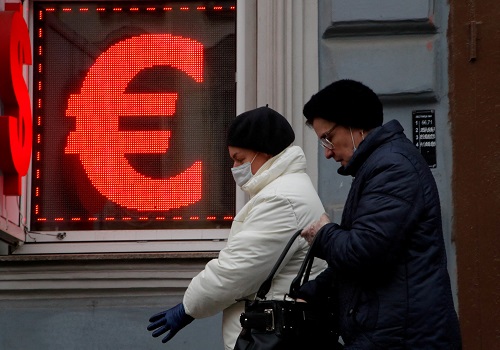
LONDON - The euro on Thursday added to its overnight biggest daily jump since 2016 after the European Central Bank said it would phase out its stimulus package in the third quarter and left the door open to an interest rate hike before the end of 2022.
The statement from the central bank, released at 1245 GMT sent the yield of euro zone government bonds sharply higher and saw the dollar index reverse into negative territory, abandoning morning trading gains.
Investors also scrambled to price in further monetary tightening than previously expected with a total of 45 basis points expected to be added to the bank's key interest rate by the end of the year.
"The market's take is that the ECB is now closer to ending QE (quantitative Easing) and thereby raising rates than it previously was", commented Gavin Friend, a senior market strategist at National Australia Bank.
At 1316 GMT, the euro was trading at $1.1083, up 0.05% after jumping 1.6% on Wednesday, its best day in nearly six years.
The common currency on Wednesday benefited from a risk-on shift in sentiment that lifted equity markets and bond yields and saw oil prices drop amid optimism about diplomatic efforts to resolve what the Kremlin refers to as a "special operation" to disarm Ukraine.
The euro has been widely seen as a gauge of Europe's biggest security crisis since 1945 and touched a 22-month low of $1.0804 earlier in the week, with investors expecting a sizeable impact on European growth.
Some investors also expected ECB policymakers to take a dovish tone as they sought to balance the risk of higher inflation with the damage war in Ukraine will cause to economic growth.
The ECB is trailing other major central banks such as the U.S. Federal Reserve and the Bank of England in the post-pandemic tightening cycle, which has weighed on the euro.
Recent speculation that EU leaders were considering joint bond issuance to finance energy and defence spending have, however, boosted the currency. An EU summit will begin later today in Versailles, west of Paris.
The dollar index was flat after falling 1.17% on Wednesday and traders were waiting for U.S. inflation figures, also due later in the day, to further guide expectations for the Federal Reserve's meeting next week.
While the Fed is widely expected to raise its benchmark overnight interest rate by a quarter of a percentage point, growing calls before the war for a larger half a percentage point rise have quietened.
Economists polled by Reuters forecast the U.S. Consumer Price Index to have climbed 7.9% on a year-on-year basis in February, up from 7.5% in January, although this data will only show a preliminary impact from the surge in oil prices caused by the conflict.
Bitcoin fell nearly 7%, erasing most of the gains it made the previous day after U.S. President Joe Biden's executive order requiring the government to prepare reports on the future of money calmed market fears about an immediate regulatory crackdown on cryptocurrencies.


